Join Zoom Meeting https://usask-ca.zoom.us/j/96072324146?pwd=dTc4ZExEZ25nR3pzNlE5U3NoSmJWZz09
Meeting ID: 960 7232 4146
Passcode: csgc_usask
Date: August 16, 2021
Research Fest has been organized by the Computer Science Graduate Council (CSGC) partnered with the Department of Computer Science celebrating research done by undergraduate, graduate, summer students, and post-docs working in the Department of Computer Science. Our goal is to bring together graduate students, faculty members, researchers and practitioners from academia and industry to discuss and present the research and innovations in different areas of Computer Science and relevant fields. Research Fest 2021 invites high-quality contributions describing significant, original, published and/or unpublished results. Solicited topics include, but are not limited to:
- Artificial Intelligence and Machine Learning
- Programming Languages, Parallel and Distributed Computers
- Computer Systems, Networks and Performance
- Computational Epidemiology and Public Health Informatics
- Distributed and Parallel Computing
- Human-Computer Interaction
- Imaging, Multimedia and Graphics
- Intelligent Systems
- Multi-User Adaptive Distributed Mobile and Ubiquitous Computing
- Simulation and Modeling
- Software Engineering
- Accessible Computing
- Bioinformatics
- Biomedical and Interactive Graphics
- Visualization, Geometry, and Algorithms
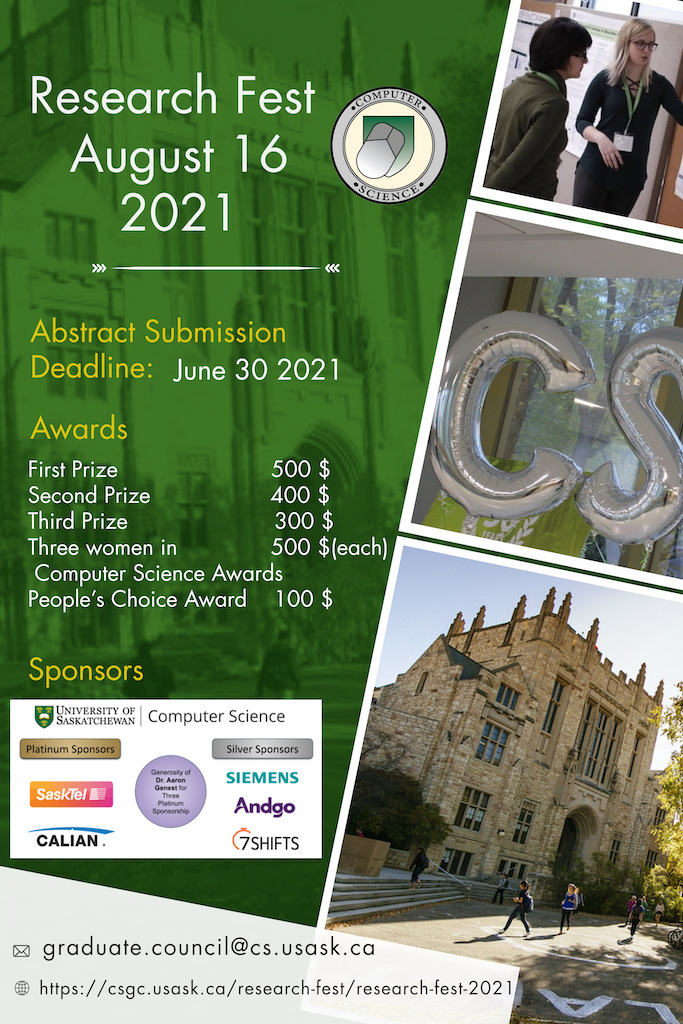
Key dates
- Deadline for Sponsors to submit sponsorship details: June 15 2021
- Abstract Submission Deadline: July 11 2021
- Author Notification for Abstract: By July 20 2021
- Submission of Pre-Recorded Slides and Poster: July 30 2021
- Final Presentation: August 16 2021
Submit Your Abstract
Those interested in participating should submit their abstract using the Google Form. The abstract should highlight your research problem, methodology and experimental findings in at most 300 words. Once the review panel accepts the abstract, participants will receive further guidelines for poster submission and presentation.
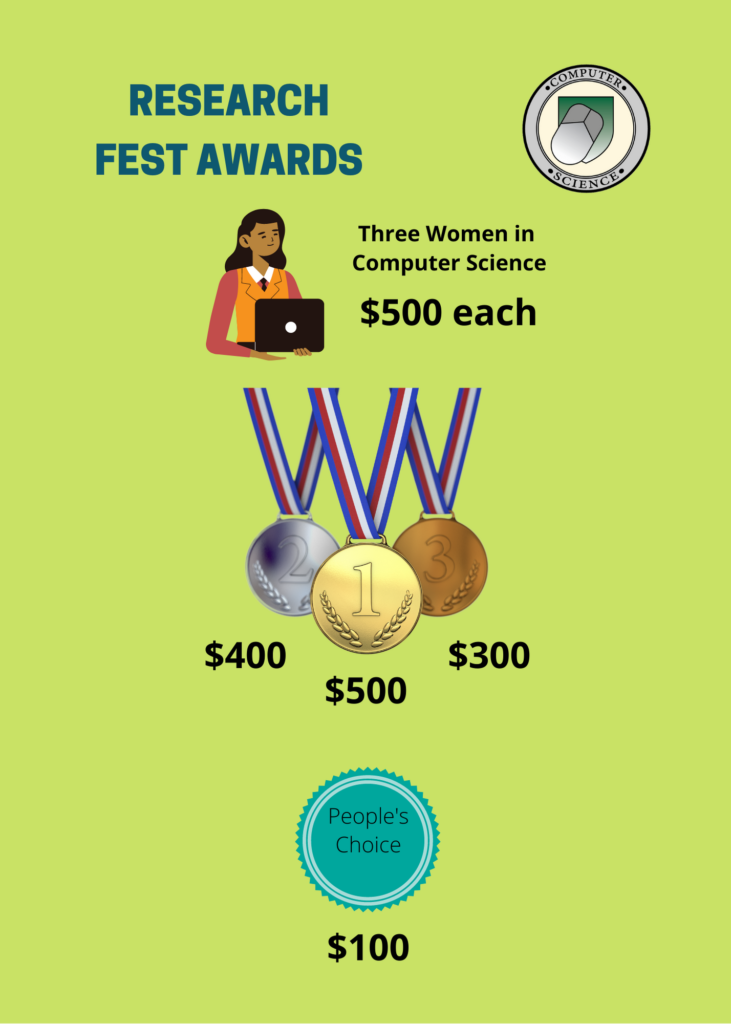
Award Distribution
For the first time in the Research Fest, in addition to the first prize ($500), second prize ($400), third prize ($300), and the people’s choice award ($100), the CSGC is delighted to introduce three Women in Computer Science Award ($500 each) to recognize research excellence of women in Computer Science.
Committees
Steering Committee
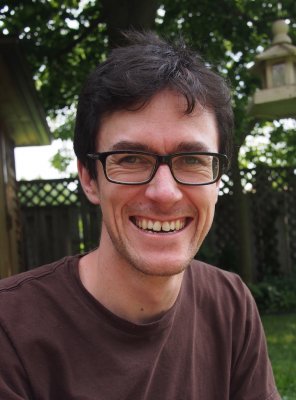
Ian McQuillan
Ian McQuillan is a Professor in the Department of Computer Science, and is the Graduate Chair of Computer Science. His main areas of research include natural computing, biological modelling and bioinformatics, formal language and automata theory, and theoretical computer science. He primarily teaches courses in bioinformatics and in theoretical computer science.
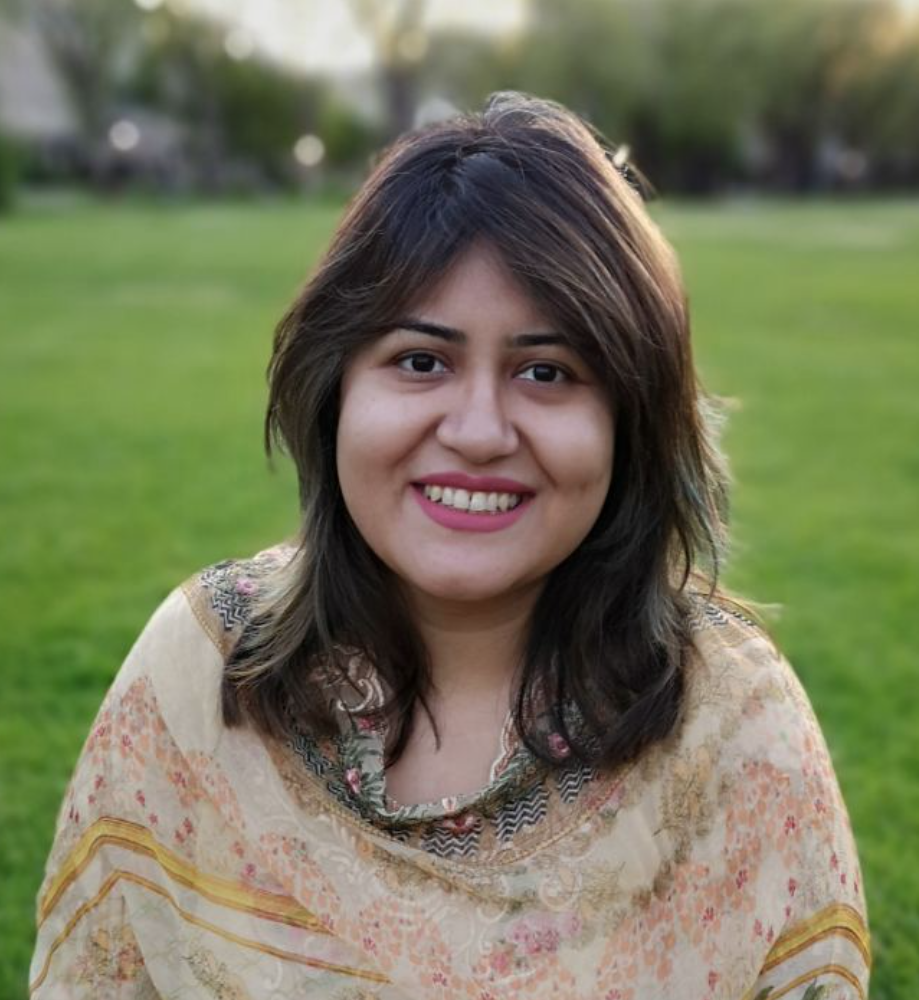
Rifat Zahan
Rifat Zahan is a Ph.D student in the Department of Computer Science at the University of Saskatchewan. She is currently serving as the President of the CSGC for 2020-2021 academic year and has been the lead organizer of Research Fest 2021. She is actively advocating for women in STEM research and her committee took the initiative to introduce awards for women in STEM research at Research Fest.
Rifat is taking a multidisciplinary approach that encompasses the fields of systems science, data science, and computational statistics in the context of some major public health issues for her doctoral work.
Executive Committee
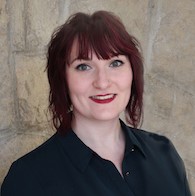
Sophie Findlay
Sophie Findlay is originally from Saskatoon Sk. She received his B.A with Honours at the University of Saskatchewan in 2011. She then went on to receive her M.A from Sheffield University in 2012. After working with a research group in Sheffield for several years she returned to Saskatoon, where she now acts as the Graduate program Assistant on the Department of Computer Science.
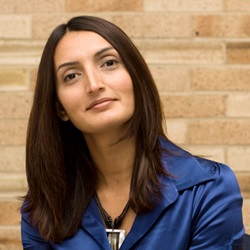
Shakiba Jalal
Shakiba Jalal is the Financial and Operations Manager in the Department of Computer Science, University of Saskatchewan. A recent MBA graduate from the Edwards School of Business, she also holds a BSc in computer science and a MSc in Biochemistry from the University of Saskatchewan.

Maurine Powell
Maurine Powell is the Office Coordinator in the Department of Computer Science at the University of Saskatchewan. She received a M.Ed. with Honours in Adult Education from the University of the West Indies Open Campus in 2015. She also holds a BSc in Management Studies from the University of the West Indies in the Caribbean.

Naz Zarreen Oishie
Naz Zarreen Oishie is an M.Sc. student in the Department of Computer Science at the University of Saskatchewan. She is a member of the Interactive Software Engineering Lab. She is doing her research under the supervision of Dr. Banani Roy and Dr. Kevin Schneider. Her research primarily focuses on building interactive tools for detecting software bugs. She is currently serving as the Acting Vice President Internal at Computer Science Graduate Council (CSGC) and is working on the council website.
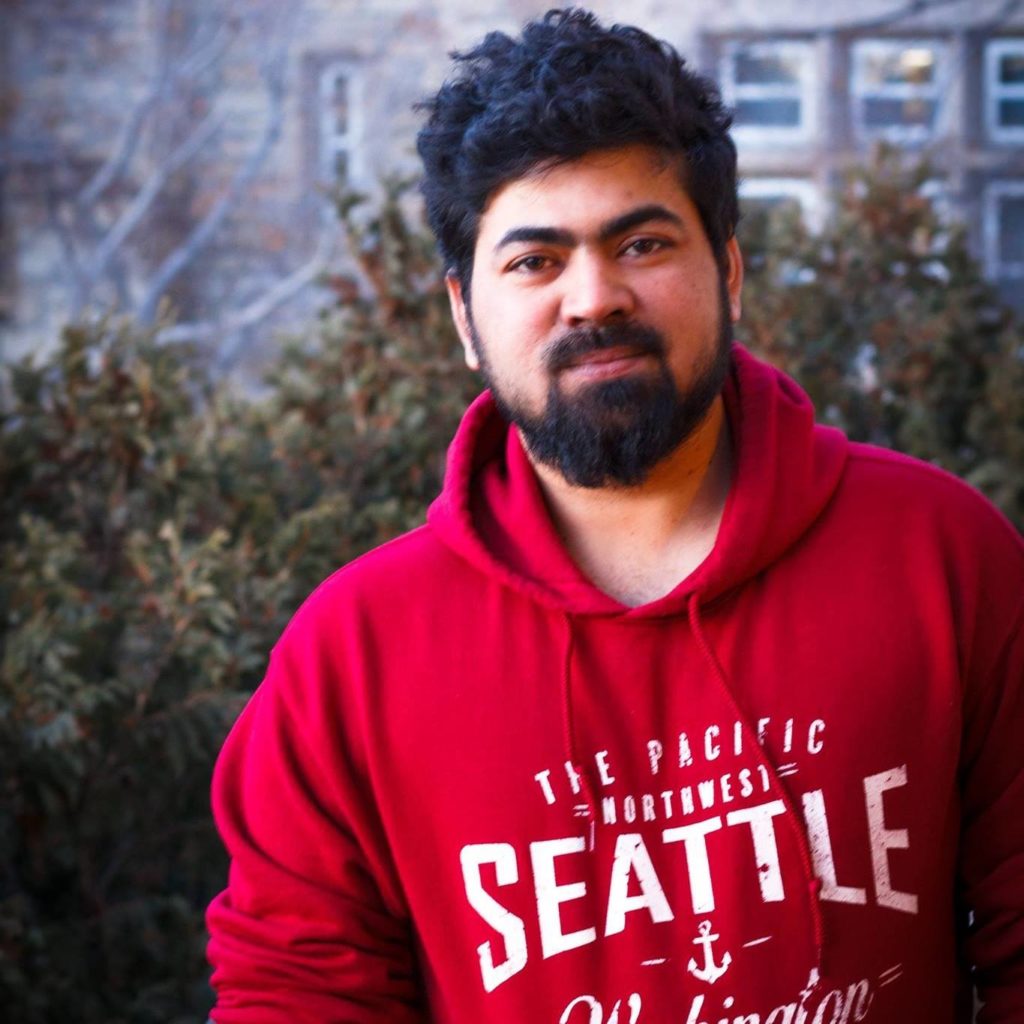
Debasish Chakroborti
Debasish Chakroborti is a graduate student in the Department of Computer Science at the University of Saskatchewan. He is serving as the Vice President Social at Computer Science Graduate Council (CSGC) and is promoting the council on social media platforms. He has been working in the Software Research Lab under the supervision of Dr. Kevin Schneider and Dr. Chanchal Roy. Debasish’s research is focused on software engineering. He was the volunteer lead in Digitized Summer Camp, organized by the Department of Computer Science.
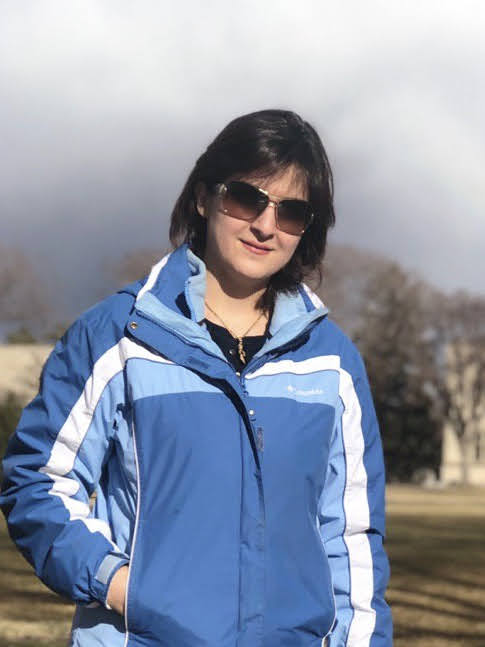
Sara Mardanisamani
Sara Mardanisamani is a Ph.D. student in the Department of Computer Science at the University of Saskatchewan. She is currently serving as the Ph.D. representative of the CSGC for 2020-2021 academic year. Her doctoral research has involved developing image processing and machine learning techniques to segment and detect microplots in the orthomosaic images for plant phenotyping applications

Sakib Mostafa
Sakib Mostafa is pursuing his Ph.D. in Computer Science under the supervision of Dr. Debajyoti Mondal. He is working at the VGA lab, where he is developing ways to explain the neural network models with the help of different visualization techniques. Apart from his involvement in CSGC as the Vice President – Social, he is also the President of the Bangladeshi Students’ Association at the University of Saskatchewan.
Award Committee

Jayne Alexander
Jayne Alexander is an Applications Engineer for the Solido Variation Designer tool at Siemens EDA, a role which combines her love for technology and human connection. Prior to her transition to the tech industry, she was part of the project development team at Genome Prairie where she was involved in a broad range of research proposals and initiatives. Jayne graduated from the University of Saskatchewan with a degree in Bioinformatics, and is thrilled to be part of such a welcoming, innovative, and exciting tech community that is thriving right here in Saskatoon. The future looks bright for Sask tech, and the research and graduates coming out of USask’s CS department are a huge part of that

Mark Eramian
Dr. Eramian is in his 20th year as a professor in the Department of Computer Science. He conducts research on applied image processing, computer vision, and deep learning problems. Dr. Eramian has contributed solutions to image segmentation, object detection, and recognition problems in a wide range of application areas including digital plant phenotyping, plant seed species classification, histopathology and archaeology. Dr. Eramian currently co-leads the Deep Learning for Plant Phonemics flagship project for the Plant Phenotyping and Imaging Research Center. Dr. Eramian has the privilege of teaching courses in C programming, data structures and algorithms, and image processing and computer vision. When relaxing, Dr. Eramian enjoys RPG tabletop and video games and playing with his LEGOs.

Lingling Jin
Lingling Jin received her MSc and PhD degrees in Computer Science specialized in Bioinformatics from the University of Saskatchewan in 2010 and 2017 respectively. She is currently an assistant professor of Computer Science at the University of Saskatchewan and an adjunct professor at Thompson Rivers University. Previously she was a postdoctoral research scientist with Agriculture and Agri-Food Canada. Her primary research interest is in computational modelling of polyploid genome evolution and comparative genomics.

Mark Keil
After obtaining his Ph.D. degree from the University of Toronto, Mark Keil has been on faculty at the University of Saskatchewan since 1983. His main areas of research interest are computational geometry and graph algorithms. This fall he is teaching python programming and advanced algorithms.

Tony Kusalik
Tony (Anthony) Kusalik received his B.Sc. in Mathematics from the University of Lethbridge in Lethbridge, Alberta, Canada in 1978. He subsequently completed an M.Sc. and Ph.D. from the University of British Columbia in Vancouver, B.C., Canada in 1982 and 1988, respectively. Dr. Kusalik began a faculty position at the University of Saskatchewan in 1985. Dr. Kusalik is now a full professor in the Department of Computer Science at the University of Saskatchewan, a member of the Division of Biomedical Engineering, and the Director of the undergraduate bioinformatics program at the University of Saskatchewan. Dr. Kusalik has served on NIH/NIAAD, NSERC, and CIHR grant review panels, and on program committees of numerous bioinformatics conferences. He is a member of the ISCB, IEEE, and IEEE Computer Society. His research interests are in bioinformatics and computational biology.

Jeff Long
Jeff Long obtained his B.Sc. (2004) and M.Sc. (2006) in Computer Science from the University of
Saskatchewan and his Ph.D. (2011) from the University of Alberta. His research background is in Artificial Intelligence and creating computer players for traditional games of skill and hidden information. He is also an award-winning faculty lecturer in the
Department of Computer Science at the University of Saskatchewan, where he is known as “the Cookie Monster guy” due to the stuffed furry toys that invariably accompany him to his classes.
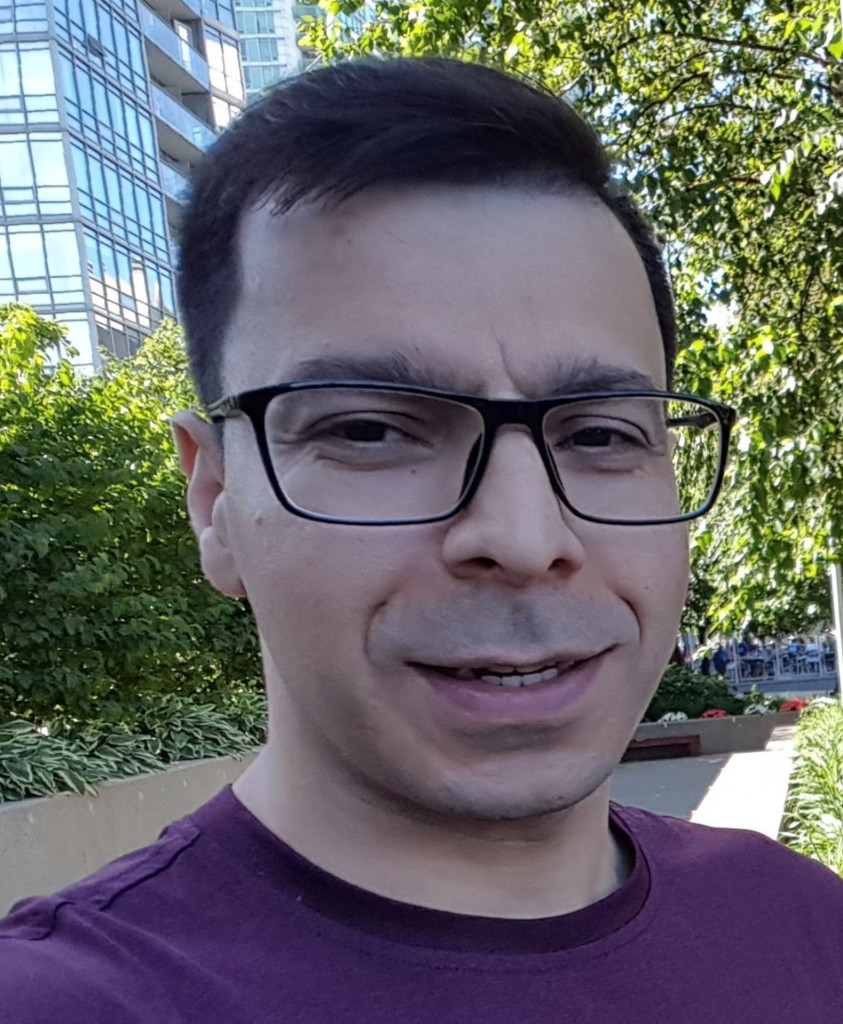
Farhad Maleki
Dr. Farhad Maleki is a postdoctoral researcher at the McGill University Health Centre, where his focus is on medical data analysis. He completed his Ph.D. in Computer Science from the University of Saskatchewan. During his Ph.D., Farhad served as the President of the Computer Science Graduate Council, where he initiated and led various events focused on promoting high-quality graduate research and collaboration between research labs to connect students, faculty, and industry leaders. He initiated the annual Research & Innovation in Computer Science & Bioinformatics at the University of Saskatchewan and was the lead organizer for Research Fest 2016, 2017, and 2018. Currently, Farhad is the president of the Association of Postdoctoral Fellows at McGill University.
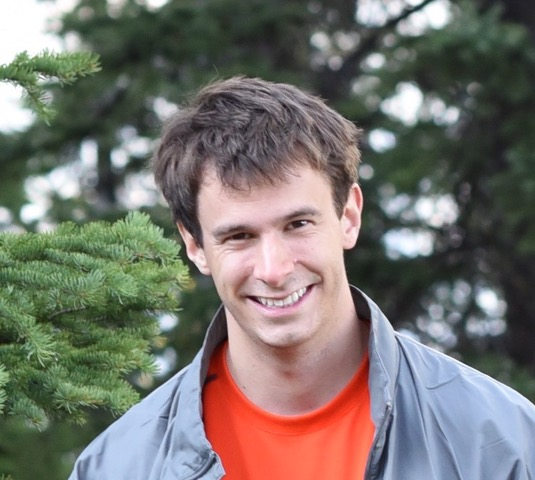
Brett Trost
Dr. Brett Trost received his Ph.D. from the University of Saskatchewan in 2014. He is currently a Research Associate at The Centre for Applied Genomics at Toronto’s Hospital for Sick Children, where he focuses on using whole-genome sequencing data to better understand the genetic etiology of autism and other neurodevelopmental disorders.

Lauren Meier
Lauren Meier is a software developer with Siemens EDA. She has over two decades experience in computing and software., As a Saskatoon native and fan of home-grown innovation, she is excited to see the research being done at the University of Saskatchewan.

Debajyoti Mondal
Dr. Mondal is an assistant professor in the Department of Computer Science at the University of Saskatchewan. Dr. Mondal’s research interest includes information visualization algorithms, networks and visual analytics systems. He enjoys interdisciplinary research that integrates visual analytics into other disciplines. His research is currently supported by an NSERC Discovery grant, and two Canada First Research Excellence grants. He has published 49 conference and 23 journal papers in peer-reviewed venues with over 72 collaborators from 8 research labs worldwide. Before joining University of Saskatchewan Dr. Mondal was an NSERC Postdoctoral Fellow in the Cheriton School of Computer Science at the University of Waterloo, ON, Canada, and worked as a research intern at Microsoft Research, Redmond, USA. He received his PhD and MSc degree from the Department of Computer Science, University of Manitoba, Winnipeg, MB, Canada. He received his B.Sc. engineering degree from Bangladesh University of Engineering and Technology (BUET).

Nathaniel Osgood
Nathaniel Osgood is a Professor in the Department of Computer Science and Associate Faculty in the Department of Community Health & Epidemiology at the University of Saskatchewan. His research is focused on providing cross-linked simulation, ubiquitous sensing, and machine learning tools to inform understanding of population health trends and health policy tradeoffs. His applications work has addressed challenges in the communicable, zoonotic, environmental, and chronic disease areas. Dr. Osgood is further the co-creator of two novel mobile sensor-based epidemiological monitoring systems, most recently the Google Android- and iPhone-based iEpi (now Ethica Health) mobile epidemiological monitoring systems. He has additionally contributed innovations to improve dynamic modeling quality and efficiency, introduced novel techniques hybridizing multiple simulation approaches and simulation models with decision analysis tools, and which leverage such models using data gathered from wireless epidemiological monitoring systems. Dr. Osgood has led many international courses in simulation modeling and health around the world, and his online videos on the subject attract thousands of views per month. Prior to joining the U of S faculty, he graduated from MIT with a PhD in Computer Science in 1999, served as a Senior Lecturer at MIT and worked for a number of years in a variety of academic, consulting and industry positions.

Katie Ovens
Dr. Katie Ovens is a postdoctoral fellow at the McGill University Health Centre, where her current research is focused on combining “omics” data with medical imaging features using machine learning and deep learning. Katie completed both her M.Sc. and Ph.D. in Computer Science at the University of Saskatchewan. Her doctoral research involved the bioinformatic analysis and visualization of transcriptomic datasets. She is interested in biological network analysis, with her Ph.D. research paying particular attention to gene co-expression networks and their comparison across various species to make evolutionary inferences. She also collaborated on many multi-disciplinary projects, including the evaluation of computational methods to make inferences from biomedical datasets and medical imaging analysis using machine learning and deep learning approaches.
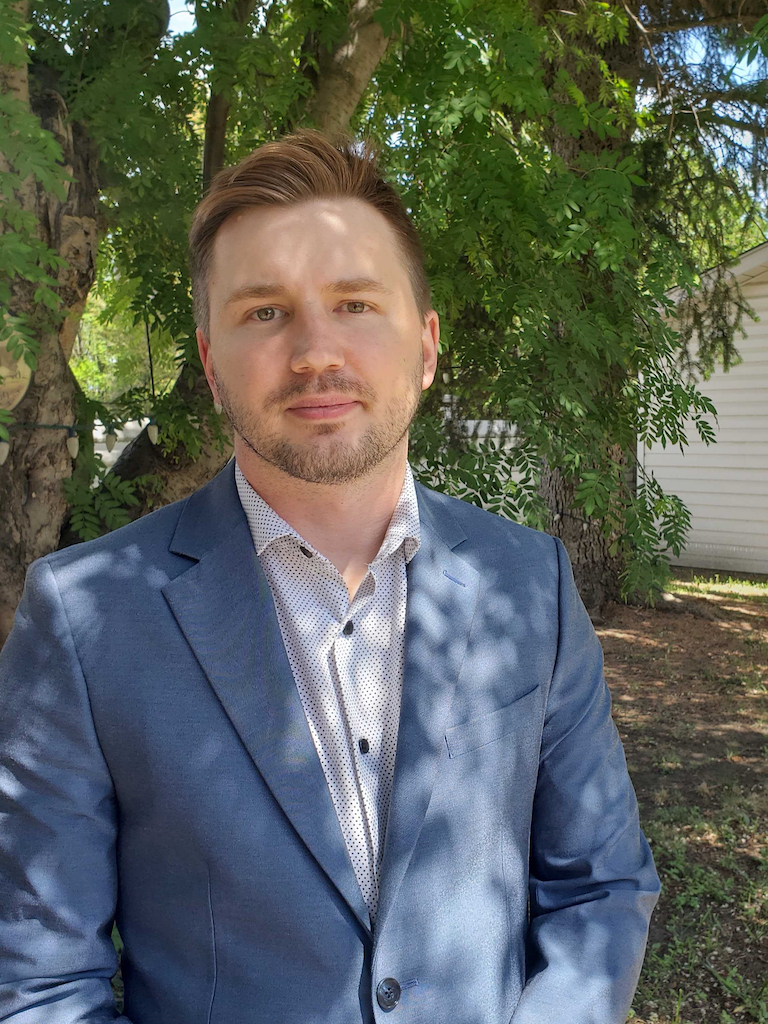
Mike Sheinin
Mike Sheinin is a Sr. AE Consultant, and former AE Manager, for the Solido Variation Designer tool at Siemens EDA. He is a world expert in variation-aware design methodologies and focuses on making Siemens EDA’s largest customers as successful as possible with Solido products. He also leads the mentorship program for new AEs. Prior to being acquired by Mentor/Siemens, Mike was an influential part of Solido Design Automation. He holds a M.Sc. in Computer Science from the University of Saskatchewan, where he was a member of the Human Computer Interaction Lab under Carl Gutwin and co-founded the first ever U of S Gamejam.

Yang Qin
Yang Qin has been a software developer in Calian, Advanced Technologies, since 2020. She is passionate about exploring and apply new techniques in machine learning and simulation modeling. Her works include using neural networks, network traffic simulation, and parallel computing to predict network traffic demand, optimize bandwidth allocation for satellite communications, and interpret sensor readings. She received her master’s degree in Computer Science from U of S.

Julita Vassileva
Dr. Julita Vassileva is a Professor in Computer Science at the University of Saskatchewan and a leading researcher in the general area of human-centered AI. Over the last 15 years, her research focused on adaptive incentive mechanisms for participation and personalized persuasive technology for behaviour change. She has published, with her students, over 300 peer-reviewed articles, some of which are highly cited. Dr. Vassileva is a member of the editorial boards of User Modeling and User-Adapted Interaction (UMUAI), ACM Transactions on Social Computing, International Journal of AI in Education, PeerJ-Computer Science, served previously on the editorial boards of IEEE Transactions of Learning Technologies, and Computational Intelligence. She is the founding Editor-in-Chief of Frontiers in AI section on AI Supporting Human Learning and Behaviour Change. She has received the University of Saskatchewan’s Distinguished Researcher Award (2021), the Distinguished Graduate Supervisor Award (2014) and the YWCA Women of Distinction Award (2015). Dr. Vassileva was the NSERC / Cameco Prairie Chair for Women in Science and Engineering for the Prairies 2005-2011 and created the Science Ambassador for Indigenous Science Outreach.

Our Sponsors

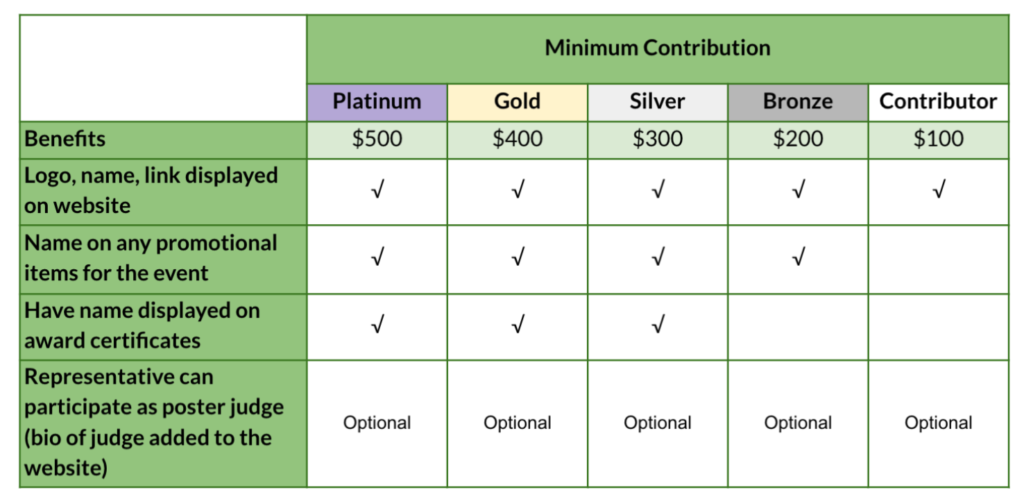
Please visit this link to view our full sponsorship package.
Deadline to submit sponsorship is June 15, 2021
Past Research Fest
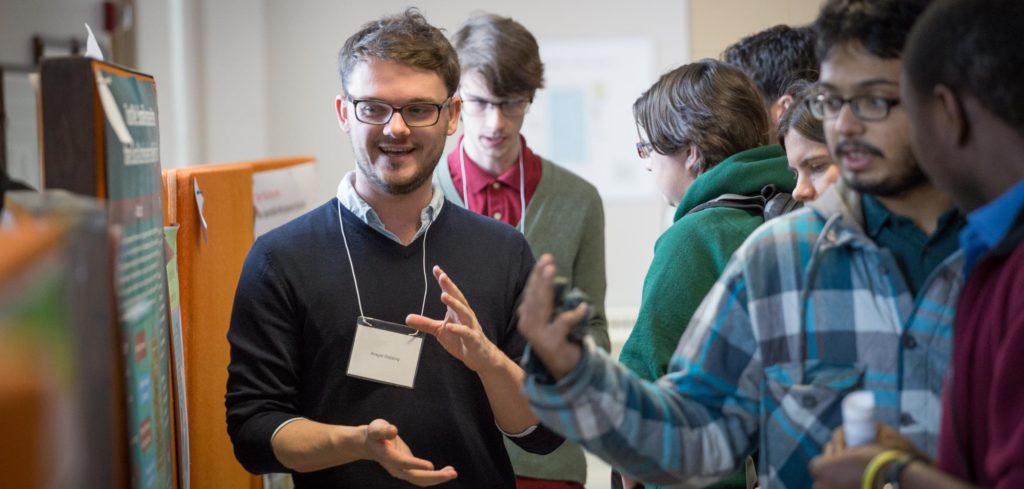
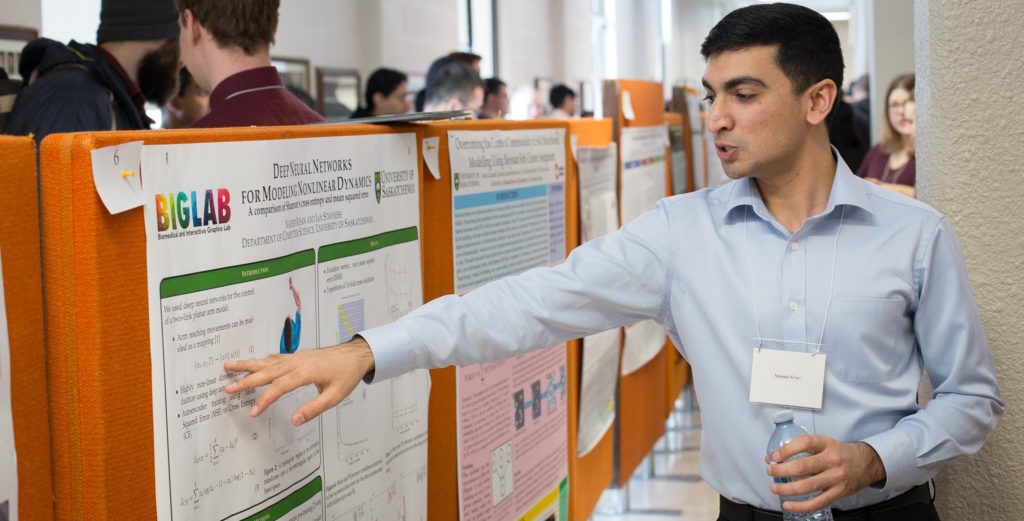
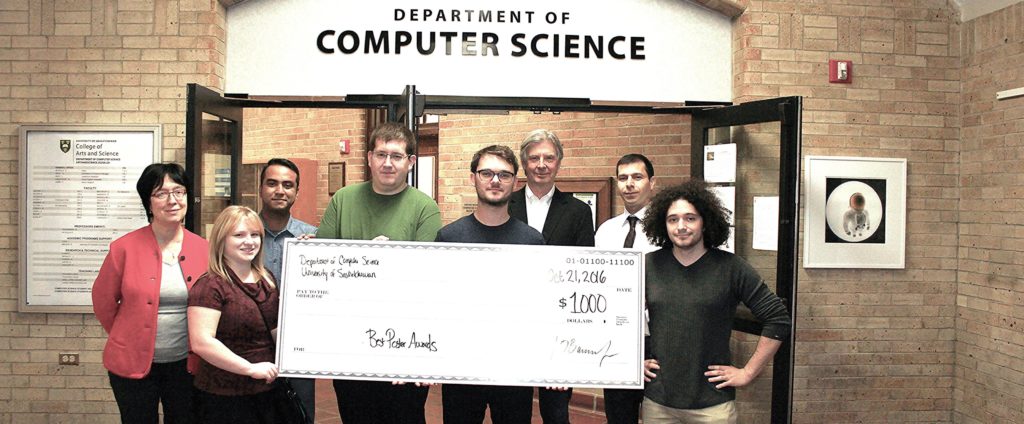
© 2021 Computer Science Graduate Course Council (CSGCC)
Please contact graduate.council@cs.usask.ca for any information
